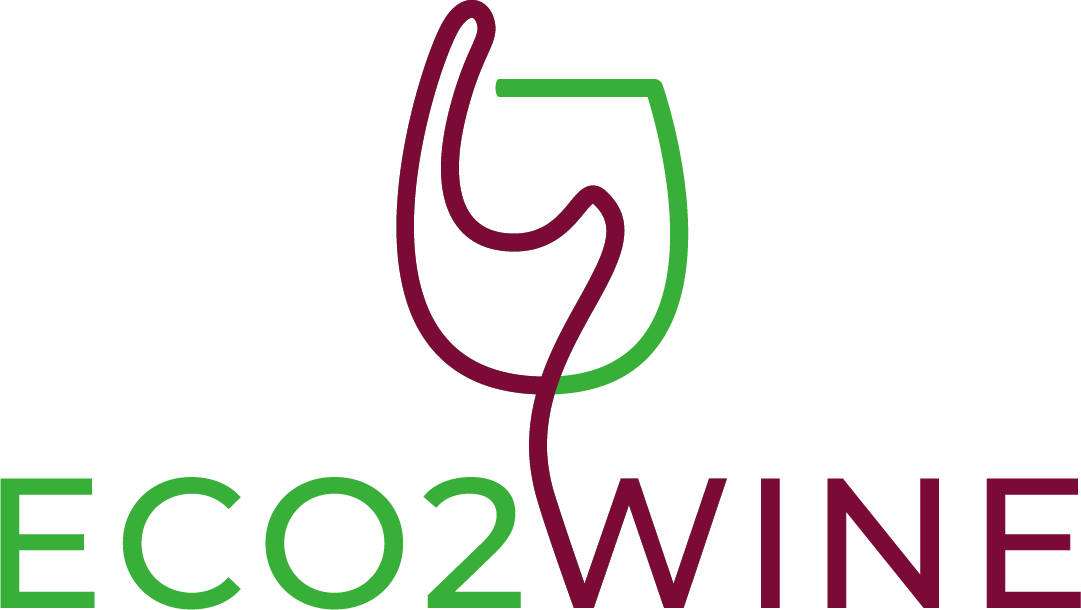Natural microbial interactions in winemaking-associated ecosystems as a tool to foster wine innovation
Preserve and use biodiversity while promoting sustainable wine production.
THE NEED
Wine science traditionally focuses on grape cultivation and wine production, with a broader aim of improving the environmental and economic sustainability of the wine industry.
Future challenges that must be addressed by wine science include:
- environmental (facing climate change, public concerns about chemical inputs, and the exploitation of natural resources)
- economic (increasing profitability and international competitiveness)
- societal (wine identity and authenticity, health and food safety and diversity)
THE GAP
Microbial diversity is important for maintaining a healthy environment and sustainable economic growth, especially in the agricultural sector. Manipulation of microbial ecosystems has gained considerable interest in wine science because of the need to boost sustainable, social, and eco-friendly choices in winemaking.
It is essential to better understand the complex interactions between species (e.g., microorganisms) and their surroundings (e.g., vineyard and in the cellar), the winemaking-associated ecosystems, and how the wine world can benefit from this knowledge to harness the full potential of winemaking diversity.
In the era of microbiomics, the wine industry can use the collected information from different environments and take a step to convert this knowledge into practical applications, such as
(i) reducing chemical inputs in soil and fields,
(ii) reducing and avoiding environmentally unsustainable practices,
(iii) providing new insights to better cope with the effects of climate change, and
(iv) achieving desirable products that better reflect their territorial origin and with lower alcohol content.
THE SOLUTION
Eco2Wine will provide a training and research environment for the (i) exploration of the natural microbial diversity that characterises winemaking-associated ecosystems and (ii) development of innovative approaches for the management of the vineyard and the production of wine.
Eco2Wine is built on three main activities based on training through research, namely (i) winemaking-associated ecosystems, (ii) innovation in winemaking, and (iii) wine business and communication.
Eco2Wine will develop tools to communicate wine science to relevant public audiences, addressing topics such as the analysis and the safeguarding of biodiversity and consumer perceptions toward different winemaking approaches.
